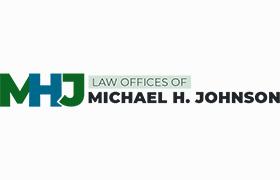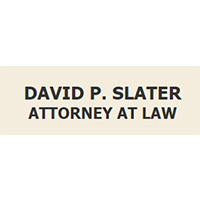 Pahokee Workout Lawyers, Florida
Pahokee Workout Lawyers, Florida
Sponsored Law Firm
-
 x
x

Click For More Info:
-
Law Offices Of Michael H. Johnson, P.A.
3601 W. Commercial Blvd Suite 31 Fort Lauderdale, FL 33309» view mapBankruptcy & Debt Experienced Legal Guidance
I know how important getting out of debt can be, and I’m committed to providing innovative, effective solutions to help you have a brighter future.
800-773-6441
Not enough matches for Pahokee Workout lawyer.
Below are all Pahokee Bankruptcy & Debt lawyers.
Sponsored Lawyers
1-10 of 54 matches
Bankruptcy & Debt, Divorce & Family Law, Real Estate, Estate, Accident & Injury
Attorney Bruce S. Rosenwater was born in Cleveland, Ohio. He is a veteran attorney, having assisted Floridians for more than 30 years. Bruce founded and developed his law firm as a law firm for life. He developed the firm’s practice areas to span most, if not all of an individual’s and a family’s lifetime legal needs. He has distinguished his practice by willingly being a family’s lawyer and counselor throughout the various stages and circumstance of their lives, from owning a first home to unfortunately unavoidable disputes, business and real estate legal needs and even injury, probate and guardianship law. Bruce has surrounded himself with a handpicked team of professionals who share his work ethic and beliefs that the reality of a personal lawyer or retained lawyer should not be reserved for the wealthy and a select few corporate clients. Bruce S. Rosenwater practices in the areas of civil litigation, family law, bankruptcy, foreclosure defense, real estate, personal injury and probate and guardianship law. Bruce S. Rosenwater is a long-standing member of the South Florida community. He has dedicated countless hours both personally and professionally to assisting clients of his law firm and under resourced members of his extended community. He is a devoted husband and father. The Rosenwater family resides full time in Palm Beach County, Florida.
(more)Real Estate, Litigation, Collection, Wills & Probate
David P. Slater has over 30 years of litigation and general practice experience and handles all accident cases from investigation through trial, including motor vehicle, slip and fall, construction and wrongful death. He is experienced in all real estate and landlord and tenant matters, collections, business practices and probate. He has been associated with various law firms throughout New York City for more than 20 years. He is now in private practice in Boca Raton, Florida. He is also a licensed Realtor in the State of Florida, an arbitrator for the Financial Industry Regulatory Authority and a Special Magistrate to the Palm Beach County (Florida Department of Building, Zoning and Planning. He has written various legal articles that have been published in Florida newspapers. He taught business law at a local college and has lectured attorneys and business professionals in the area of landlord and tenant law. He is a former Traffic Court Hearing Officer, deputy chairman of the Zoning Board of Appeals in the Village of Chestnut Ridge, Rockland County, N.Y., and arbitrator with the Civil Court of the City of New York, Division of Small Claims, as well as the American Arbitration Association. Of Counsel and per diem associations with members of the Florida Bar are actively sought throughout the state.
(more)Criminal, Divorce & Family Law, Lawsuit & Dispute, Bankruptcy & Debt
Myles Schlam is a practicing lawyer in the state of Florida. He received his J.D. from St. Thomas University School of Law in 2002.
(more)



 Michael Johnson Fort Lauderdale, FL
Michael Johnson Fort Lauderdale, FL AboutLaw Offices Of Michael H. Johnson, P.A.
AboutLaw Offices Of Michael H. Johnson, P.A.



